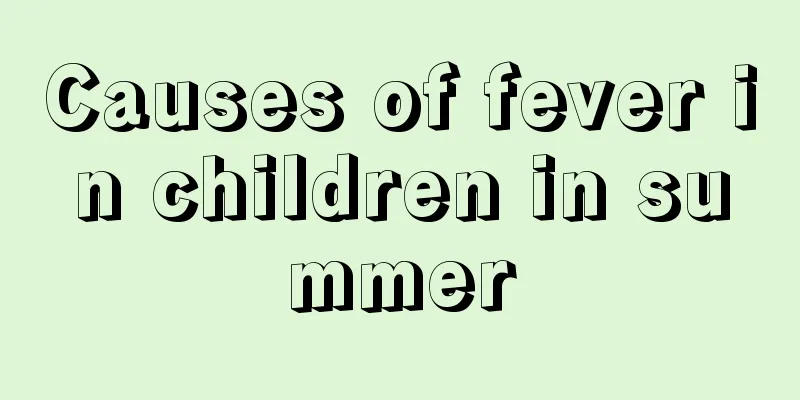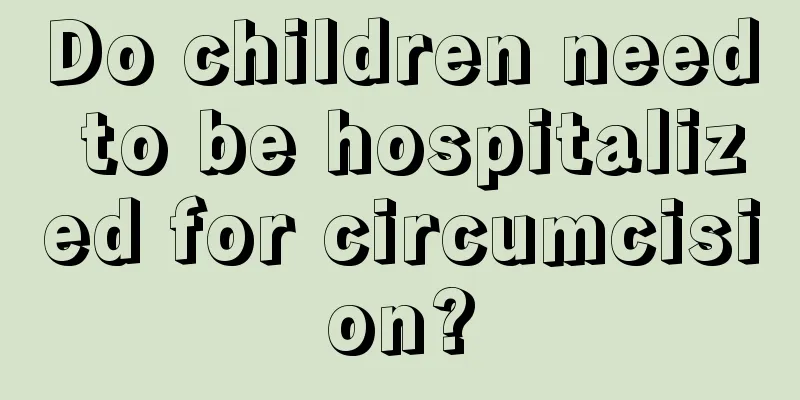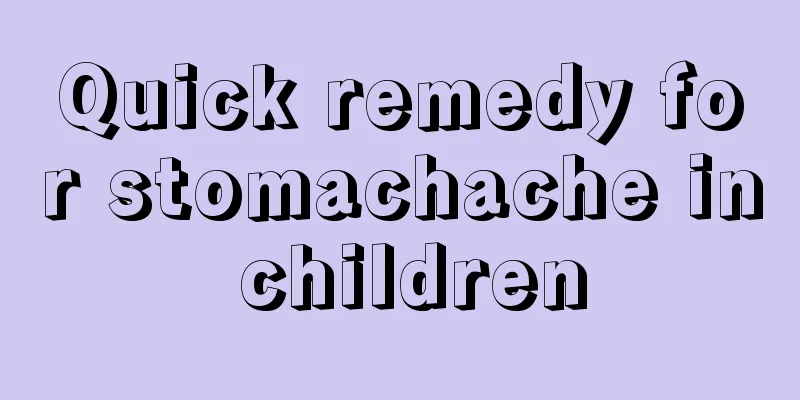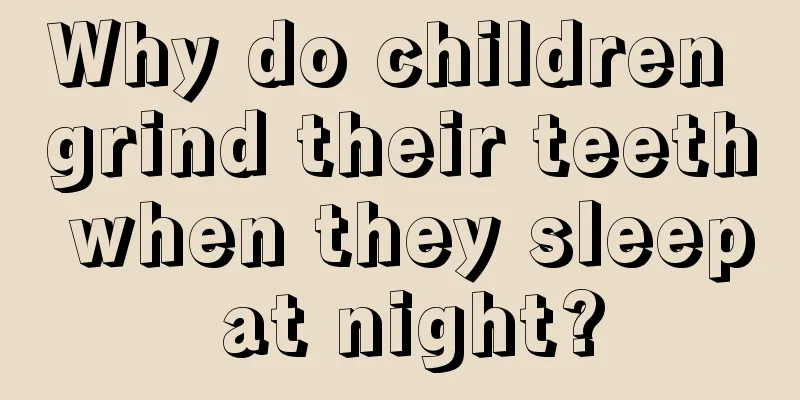Causes of fever in children in summer

|
Many people may say that the temperature is relatively high in summer and they will not catch a cold. Moreover, the temperature difference between indoor and outdoor is relatively small, so generally speaking, they will not catch a cold or have a fever. But in reality, many adults and children still suffer from fever in summer. So what are the causes of children's fever in summer? Only by understanding the causes of children's fever in summer can we prevent it from the source and keep children away from the troubles of illness. 1. Air conditioning Air conditioning is a blessing for people in summer. When a baby is asleep, his body temperature will drop. If the air conditioning temperature is not appropriate, he may catch a cold due to the cold. In addition, the air-conditioned environment often has closed doors and windows, and the indoor air is not fresh, making children more susceptible to "air-conditioning disease." Solution: Before the baby goes to bed, mothers can lower the air-conditioning temperature and wait for the room temperature to drop. After the baby falls asleep, raise the temperature appropriately to prevent the child from catching a cold due to the low temperature. In summer, babies should not stay in air-conditioned rooms for a long time, and some outdoor activities should be arranged every day. 2. Getting angry In the hot summer, babies are more likely to get angry. There are many reasons for babies to get angry. Eating too much food that is easy to cause anger, drinking less water, and lack of sleep can all cause anger. When children get angry, it is easy to cause constipation, sore throat, cough and other symptoms. Solution: In the summer, when babies are suffering from internal heat, they must eat more light and easily digestible foods, especially fresh fruits and vegetables rich in fiber. In addition, parents should pay attention to giving their babies more warm water and controlling the amount of snacks they eat. 3. Sweating The summer is hot and the baby is active, so sweating is inevitable. If the baby does not wipe the sweat in time or change the sweaty clothes in time, the baby will easily catch a cold due to the cold sweat. Especially when the baby turns on the air conditioner after sweating, when the human body sweats, the sweat glands all over the body are open. Once encountering sudden cold air, the skin blood vessels will contract, the sweat gland pores will close, the visceral blood vessels will contract, and the gastrointestinal motility will weaken, leading to symptoms such as abdominal pain, diarrhea, nasal congestion, and sore throat. Solution: When your baby is sweating profusely, do not let him/her be directly exposed to a fan or air conditioner. Be sure to wipe off the sweat with a soft dry towel or change into dry clothes, and then wait a while before enjoying the coolness brought by the fan or air conditioner. 4. Bacteria The temperature is high in summer, which is also the peak season for bacterial reproduction. Babies like to play outdoors. Cold viruses or bacteria are very easy to spread among children whether indoors or outdoors. If one baby catches a cold, it can easily spread to another baby, and the colds continue to occur. Solution: For younger babies, try not to take them to crowded places often to reduce the chance of them being infected with bacteria and viruses. When the baby comes home from outside, the first thing to do is to wash hands, and the toys the child plays with should also be cleaned and disinfected regularly. 5. Food In summer, babies often catch gastrointestinal colds due to unclean diet or too many cold drinks. Symptoms include cold symptoms such as fever, headache, and sore throat, as well as gastrointestinal symptoms such as nausea, vomiting, abdominal pain, and diarrhea. Viral infections are usually the most common. Solution: Due to the hot weather, food is easy to spoil. The food prepared for the baby must be fresh. Uneaten food must be refrigerated and heated at high temperature before eating. |
<<: The child has a fever but is in good spirits
>>: Twitching in the middle of the night
Recommend
What to do if your one month old baby doesn't sleep
Various problems of newborns will make their pare...
How to treat pediatric hip synovitis?
Hip synovitis is a common disease among children ...
Can children use eye drops?
Eyes are the windows to the soul. We all know the...
What to do if your baby has urticaria
The baby's skin is very delicate during the d...
Causes of syncope in children
Many people have experienced dizziness after stan...
White particles on baby's hands
If white particles appear on your baby's hand...
How to protect children's teeth
Teeth are an important part of our body. They are...
Will the fetus have renal pelvis separation?
If the fetus does not develop well or the mother ...
What is onychoblastoma?
Children are a relatively vulnerable group and ar...
Will babies have a fever before getting chickenpox?
Babies often have an incubation period when they ...
What are the treatments for cerebral hypoplasia?
For newborns, if they suffer from cerebral hypopl...
What to do if baby has less hair on top of head
The health of babies is a topic that people are m...
When is infantile hemangioma treated?
Hemangioma is a common infant disease in recent y...
How to deal with burns and blisters on children?
Most burns on the skin surface are caused by care...
Causes of nosebleeds in one-year-old children
When a child has a nosebleed, every adult is very...









